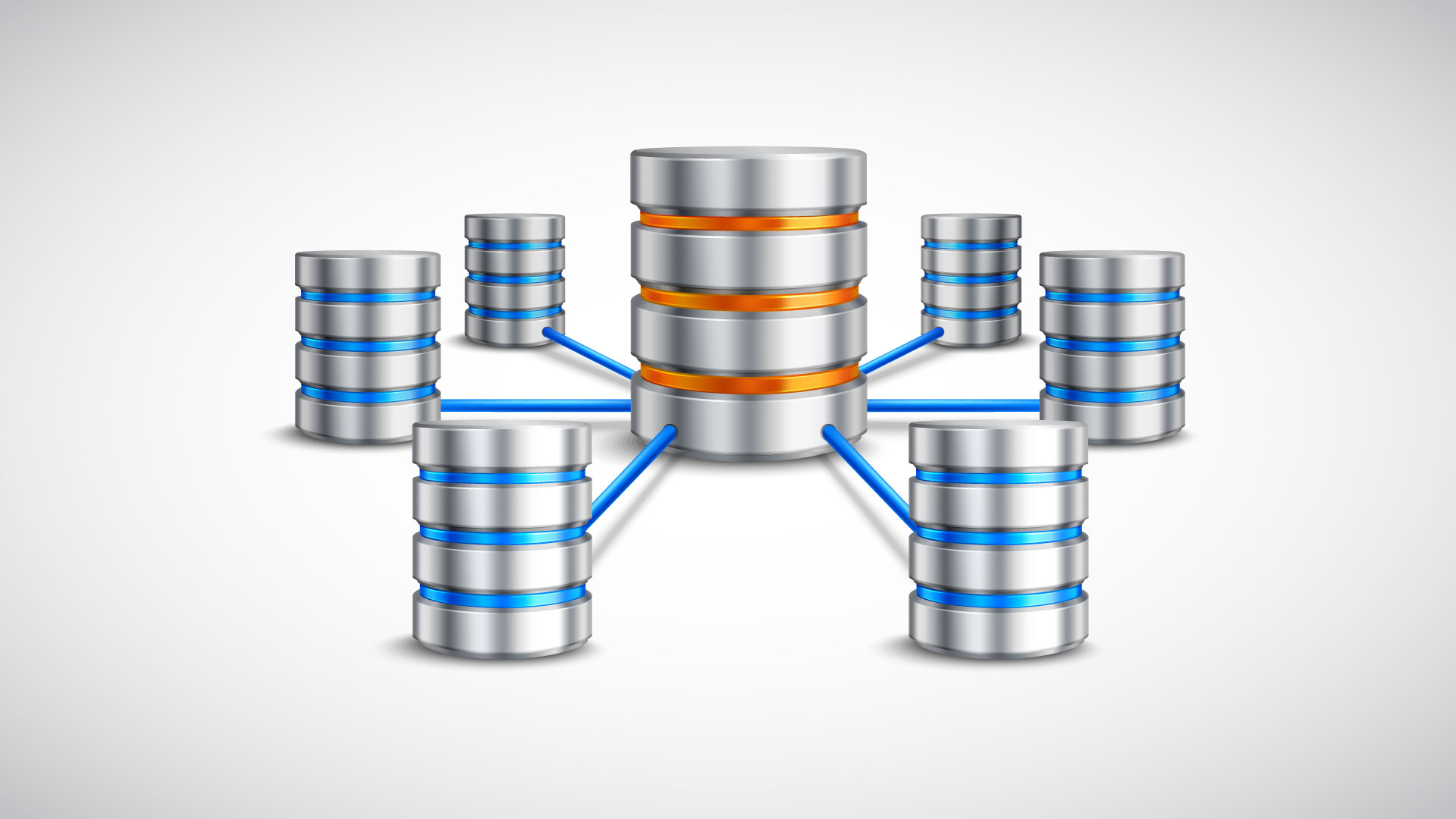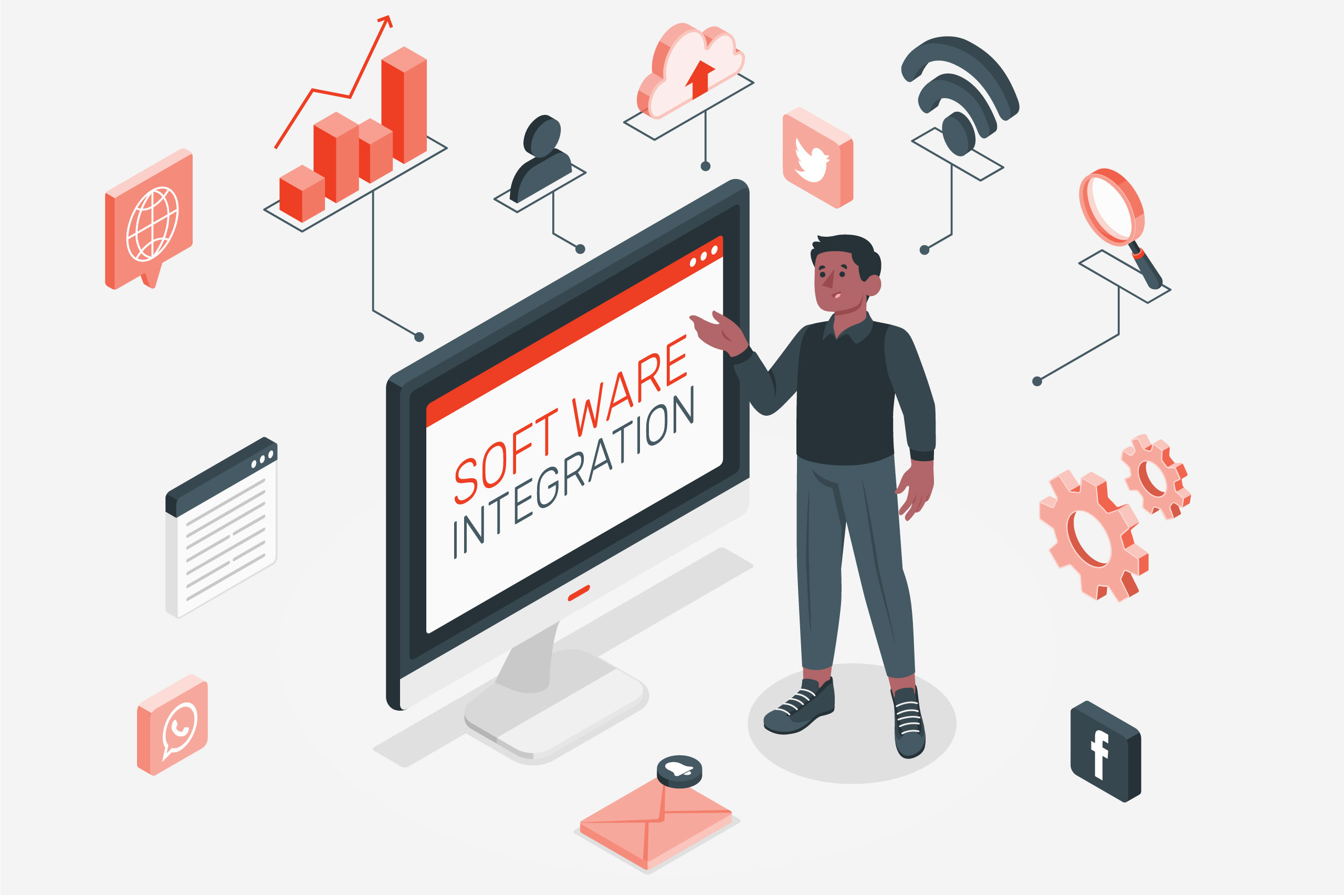Why do you require Odoo Integration?
Odoo integration helps you achieve the goal of managing the business from all the angles and perspectives. Specifically, Odoo integration proves to be helpful in areas of business such as materials, warehouse, accounting, shipping, finance management, customer relationship management and more. As Odoo can be used to integrate all the mentioned departments or can be used as a standalone application, it encompasses every business function and operation on just one platform. This kind of access helps you cut down on time and business expenditures. With innumerable business modules available with Odoo implementation, you can customize every module according to your requirements.

